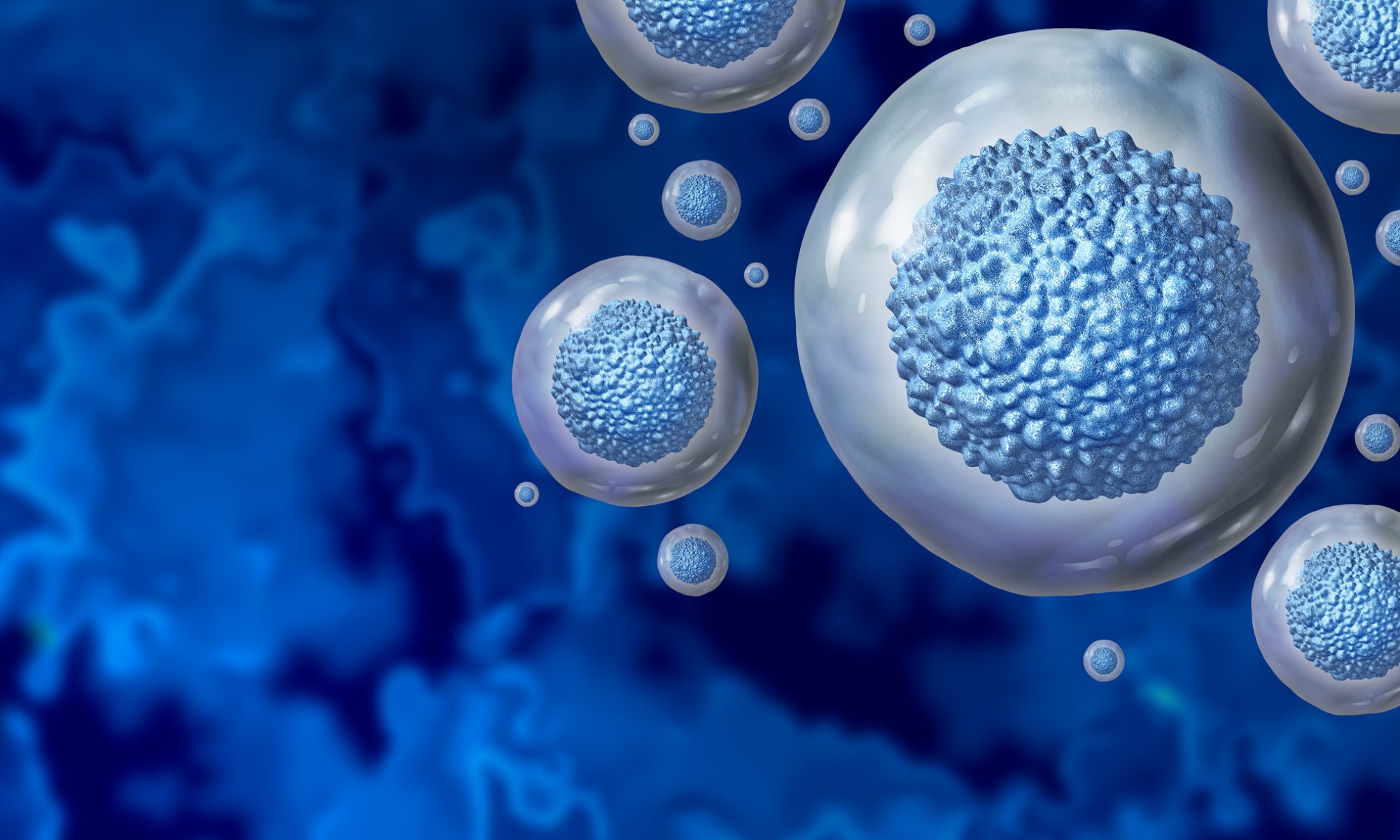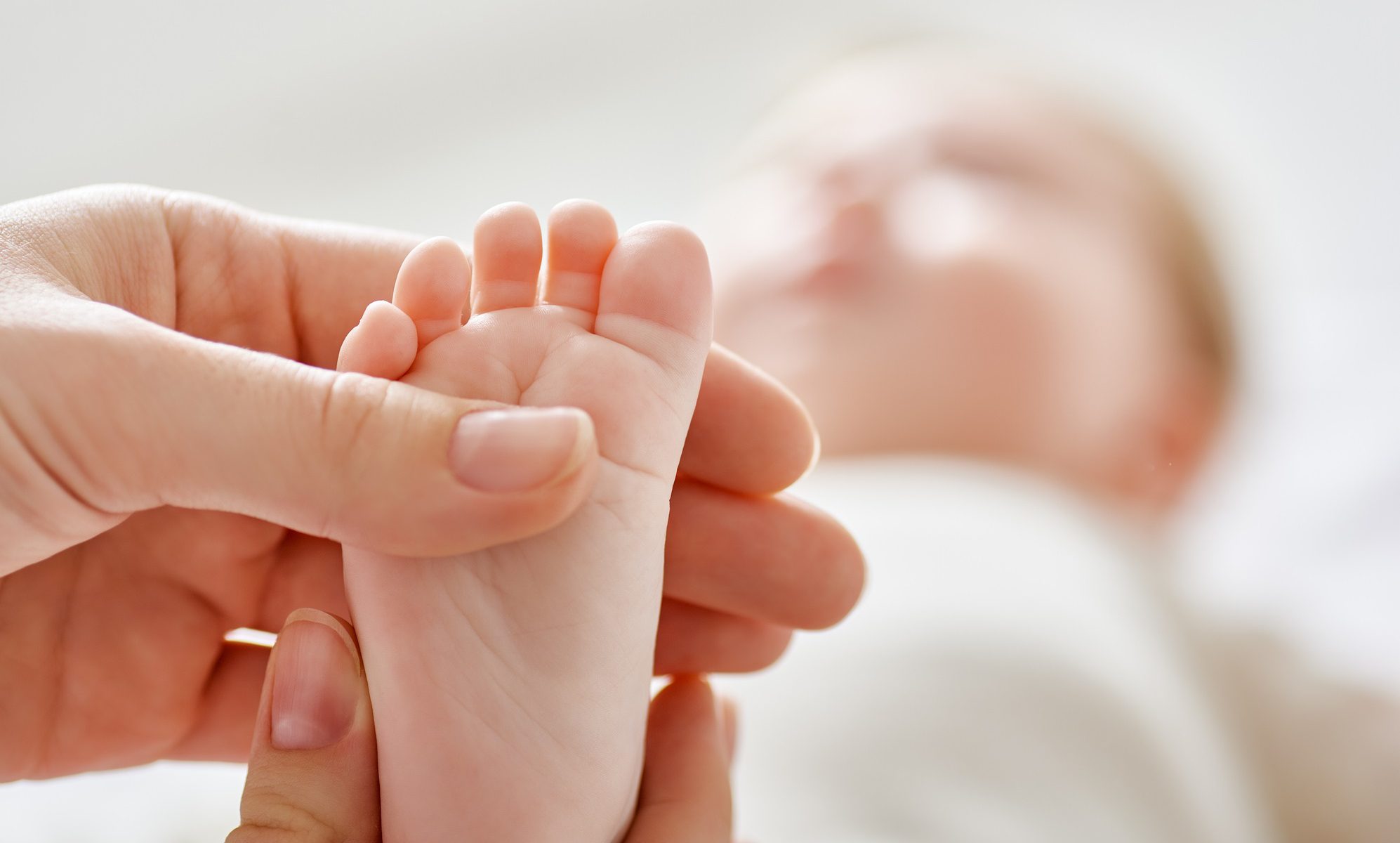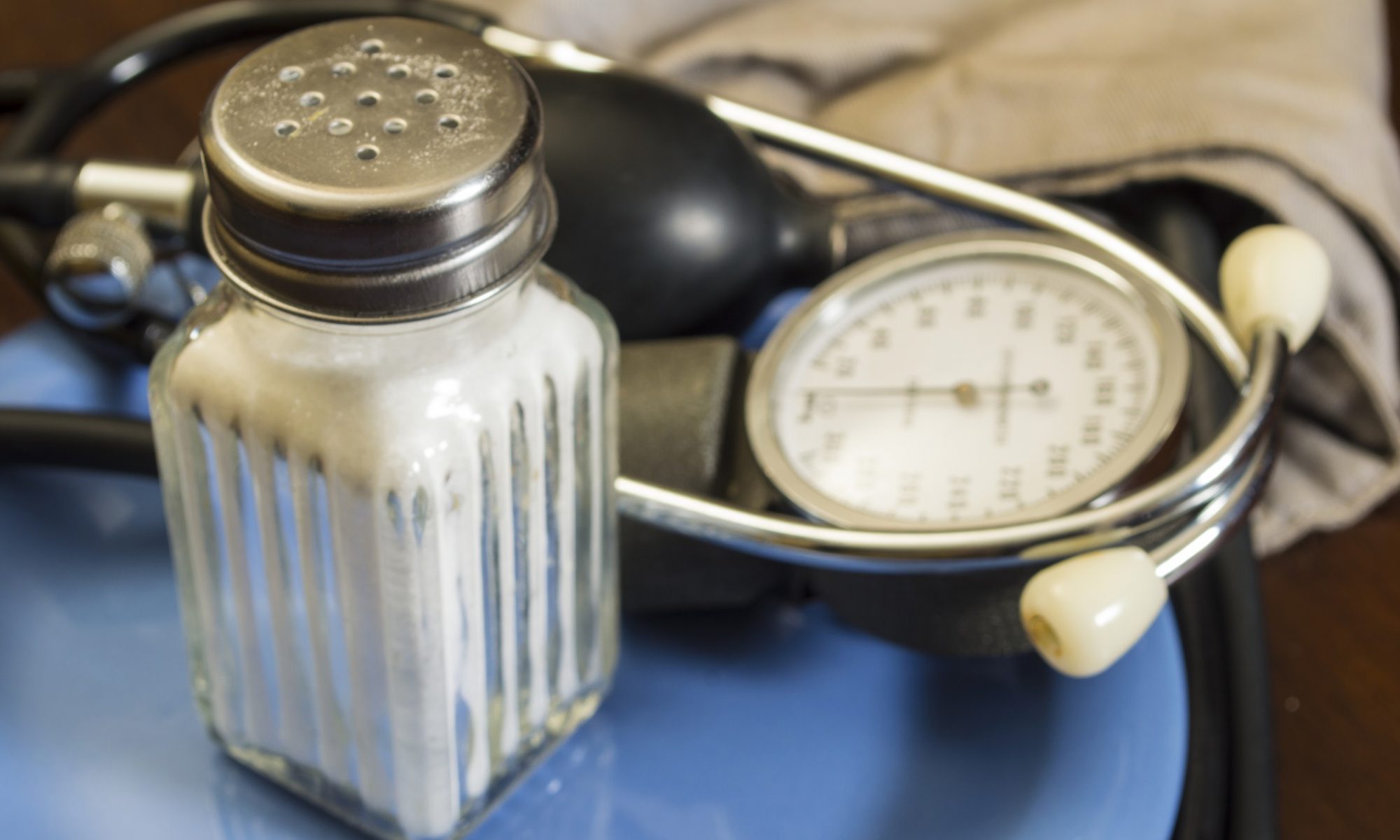Loading
The kidneys play a dominant role in regulating both the volume and composition of the extracellular fluid. They function to ensure that the body maintains a homeostatic internal environment. They achieve this by excreting the appropriate amounts of several types of solutes. The substances that are ex greeted are both substances that are in excess, and therefore waste, alongside foreign compounds.
When kidneys fail, several problems result. The first-line treatment of kidney impairment, dysfunction, or failure, or dialysis and kidney transplantation, though the latter is common only for advanced (end-stage) kidney disease. Read more.
Loading









